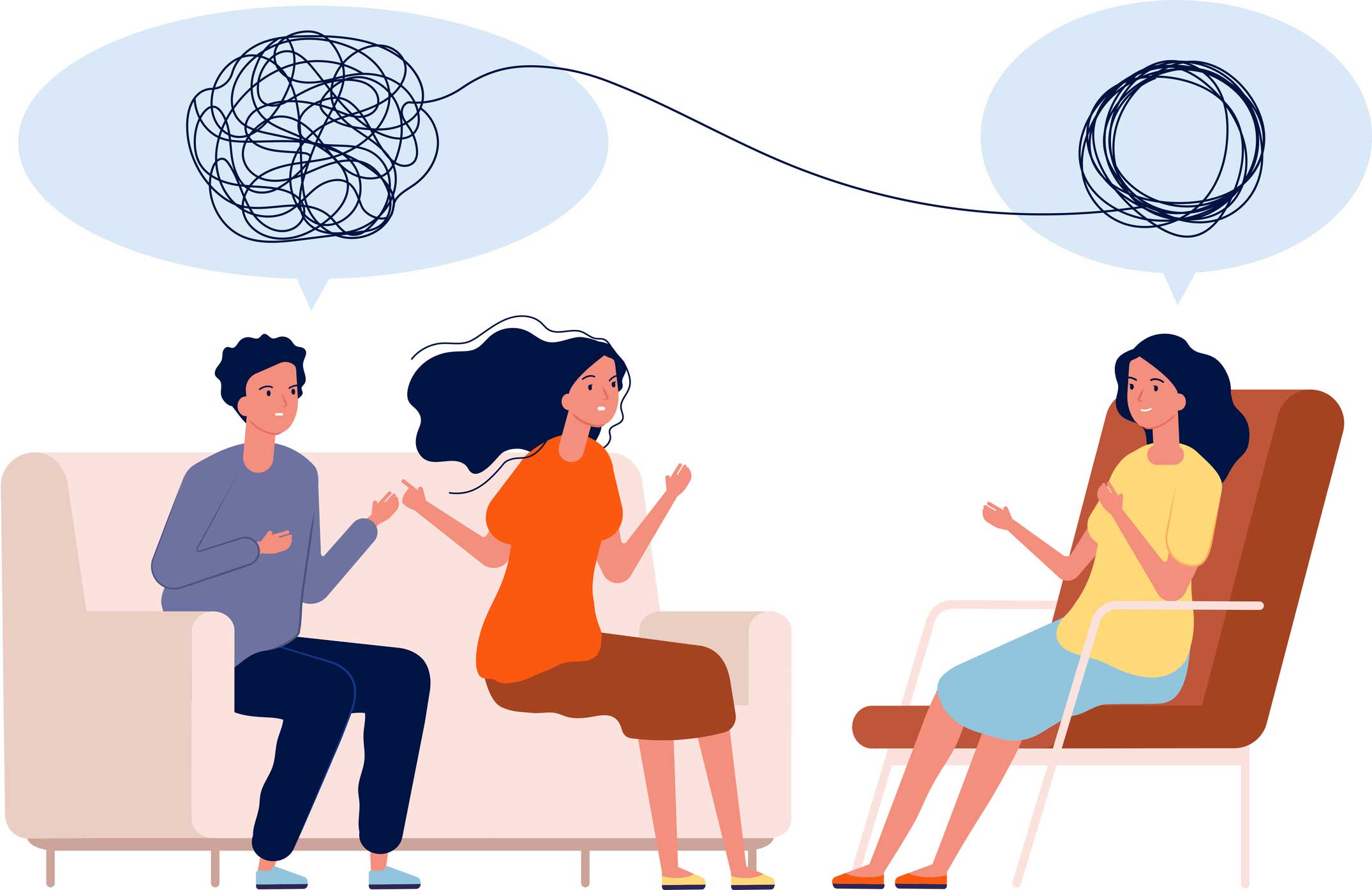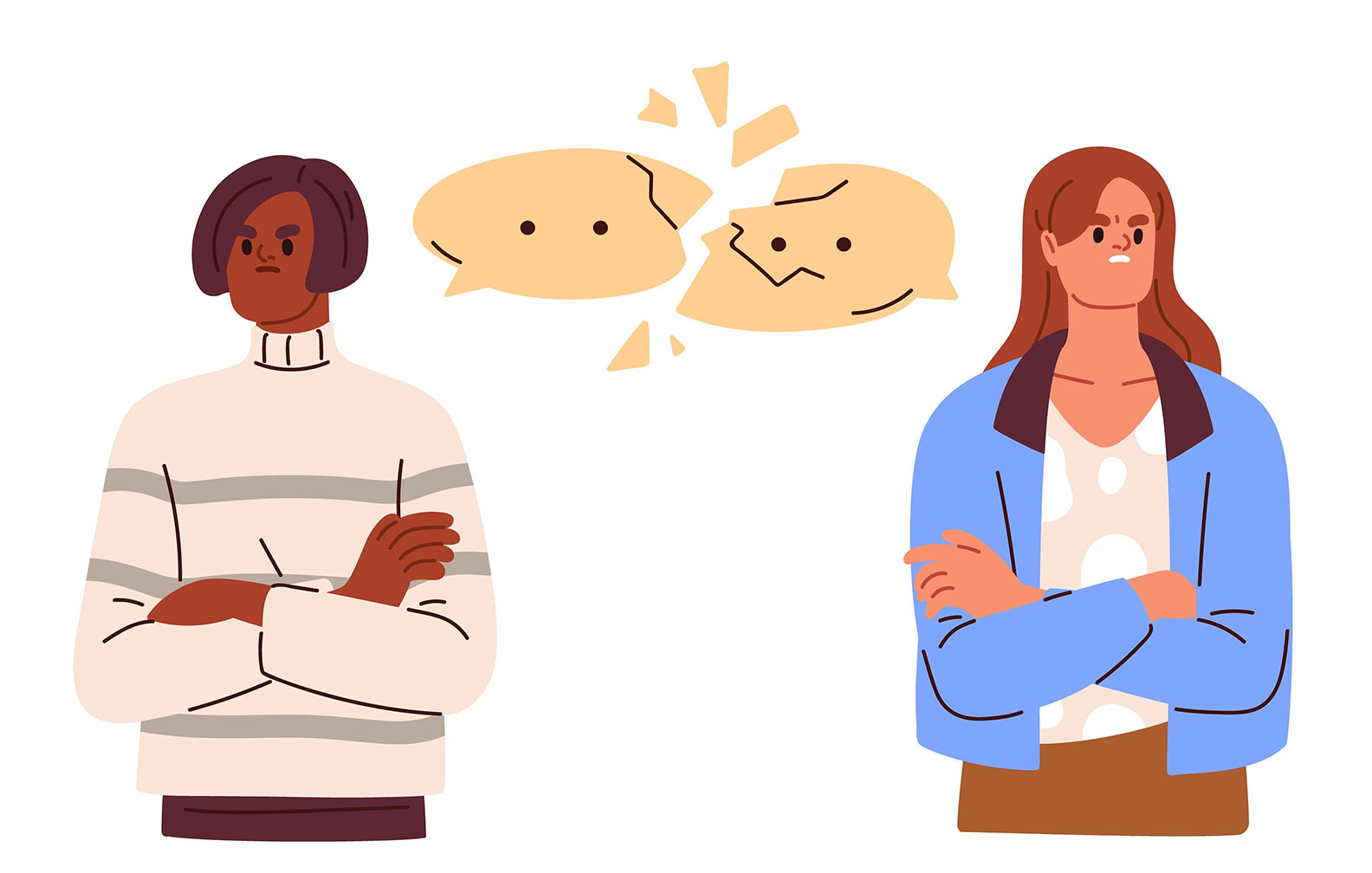Why am I writing about elephants? I am writing about trauma, attachment and empathy – concepts that are central to the work Pete and I confront daily in our work with couples.
Several years ago Pete, Molly and I went to Africa to work on a lion research program. Out in the field, I was captivated by watching elephant families and hearing stories about their society. One of our Kenyan guides told us a particularly compelling story about a pregnant elephant who got trapped in the watering hole we were viewing. Everyone – elephants and local people – desperately tried to free the pregnant elephant, but were sadly unsuccessful and she died in the watering hole. Elephants had frequented this hole mornings and evenings, probably for centuries. Since this tragedy, no elephants have ever returned, even though they must travel much farther for water. It's a fascinating observation in light of recent research on mourning among elephants, and it's also interesting considering their large hippocampus, the seat of memory in the limbic brain.
Elephants today are in a state of species-wide trauma. Charles Siebert's article, “An Elephant Crack-up,” in the October 8, 2006 edition of New York Times Magazine, tells of the horrendous effects of the killing, culling and poaching of African and Indian elephants in the last 30-40 years.
How does this relate to couples therapy? All of us see the effects of trauma daily. We know how its destruction reaches into future generations, whether the abuse is physical, sexual or addictive.
Elephants are profoundly social creatures with well-defined societies and some have relationships lasting as long as 70 years. But pachyderm society is breaking down. The poaching and culling of elephant herds has eliminated many of the older bulls who keep the young males in line. And the number of matriarchs has been greatly reduced, impacting the available nurturing. Both the attachment relationships and the way the societies have functioned are undergoing massive change. The result is dramatic. One example comes from Addo National Park in South Africa: 90% of male elephant deaths are now attributable to other male elephants, in contrast with only 6% in stable elephant communities (Siebert, 10/06).
Elephants seem to be suffering from chronic stress and PTSD. The orphans in decimated herds evidence PTSD symptoms, such as extra vigilance, startle responses, hyper-aggression, and unpredictable asocial behavior.
As humans have traumatized elephants by poaching and culling, the number of elephant attacks on humans has also increased. Especially when elephant migratory patterns are disrupted, elephants kill people, attack villages and destroy crops. This is after centuries of peaceful co-existence.
Perhaps more horrifying is that adolescent males are raping and killing rhinos. All of the perpetrators had seen killing in their own family.
Saving the elephants will require deep inter-species empathy.
Sometimes two partners in couples therapy are as different as elephants and humans, and saving the relationship requires something akin to inter-species empathy. It is essential that we help partners stop criticizing, blaming and traumatizing each other because of their differences or grief that the relationship is disappointing them.
It is up to us to help partners develop compassion and understand the plight of their loved one – to understand that their name calling, sarcastic blows or passive-aggressive withholding comes with a price.
Saving the elephants requires understanding that ” they hurt like us, mourn like us, heal like us,” and their intricate social systems must be preserved for their well-being to be sustained.
Saving marriages often means helping partners see the essential humanity in each other and that one partner's loyalty to a culture in which they were raised is not disloyalty to their spouse.

 We respect your privacy.
We respect your privacy.



